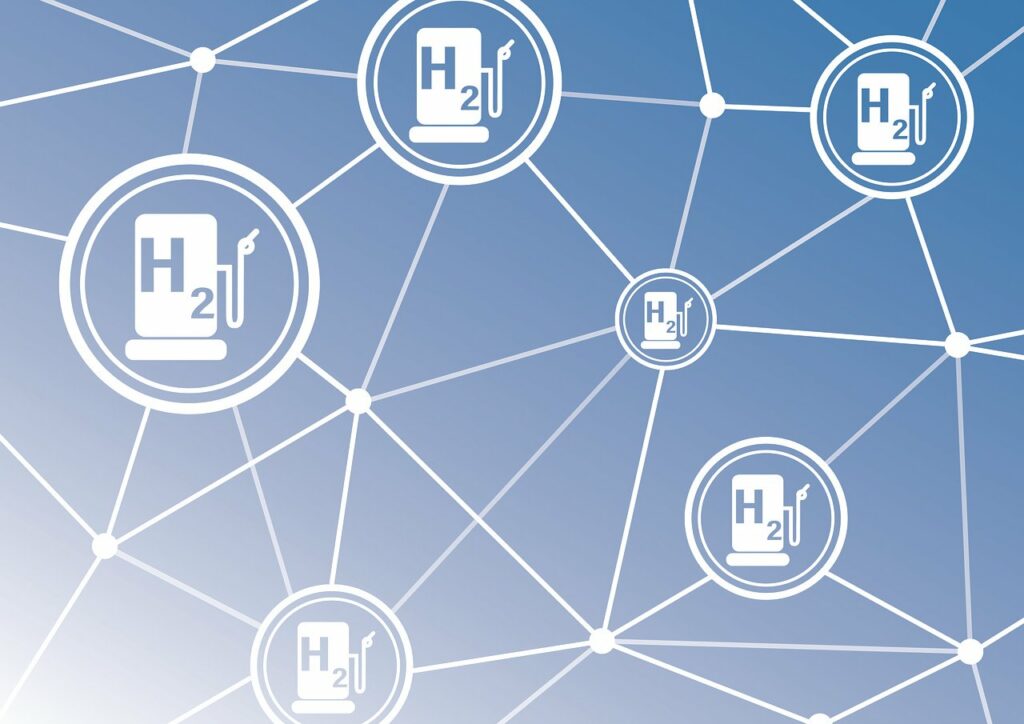Hyundai Motor finds itself at a crossroads as it contemplates increased financial commitments to salvage Hydrogen Energy Network (HyNet), a struggling operator of hydrogen charging stations.
With Korea Gas Corp. (KOGAS), the primary shareholder, declining further financial aid, Hyundai’s pivotal role in preserving the hydrogen ecosystem and supporting its ambitious plans comes to the forefront.
KOGAS, owning a substantial 28.52% stake in HyNet, declared its inability to provide additional investments, citing deteriorating profitability. As Hyundai, the second-largest shareholder, holds a 28.05% stake, the burden of rescuing HyNet appears to shift towards the automaker.
Since its establishment in 2019, HyNet has accumulated losses, resulting in partial capital impairment. The company reported a net loss of 8.4 billion won in 2022, signaling the severity of its financial struggles. Despite multiple capital increases through new share issuances, KOGAS rejected HyNet’s request for a paid-in capital increase in 2023, given the supplier’s substantial debt reaching 47 trillion won.
The stakes are high for Hyundai Motor and the hydrogen-powered vehicle ecosystem in Korea. If HyNet faces bankruptcy, drivers relying on hydrogen-powered vehicles could encounter significant inconveniences. This potential setback poses a challenge to Hyundai’s ambitious plan, as outlined by Hyundai Motor Group Executive Chair Chung Euisun during CES 2024. Chung emphasized the company’s commitment to preparing for the hydrogen-powered mobility solution for the next generation.
